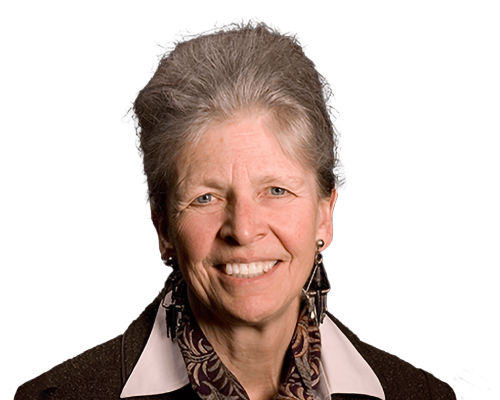Getting the message: How elucidation of messenger RNA formation empowered RNA therapeutics
2021 Warren Alpert Foundation Prize Virtual Symposium
In honor of Lynne Maquat and Joan Steitz for the discovery of fundamental pathways and mechanisms that ensure accurate RNA splicing and quality control of gene expression involving RNA.


Lynne Maquat


Joan Steitz
Symposium Program
Each year the recipient(s) of the Warren Alpert Foundation Prize are recognized at a scientific symposium hosted by Harvard Medical School.
Opening Remarks
George Q. Daley, MD, PhD
Dean of Harvard Medical School; Caroline Shields Walker Professor of Medicine
Moderator
Karen Adelman, PhD
Professor of Biological Chemistry and Molecular Pharmacology; Harvard Medical School
Presentations
Phillip Sharp, PhD
Institute Professor, Koch Institute and Department of Biology Massachusetts Institute of Technology
RNA Condensates in Transcription and RNA Splicing
Joan Steitz, PhD
Sterling Professor of Molecular Biophysics and Biochemistry; Investigator, Howard Hughes Medical Institute Yale University School of Medicine
Viral Noncoding RNAs: New Functions, New Structures
Lynne E. Maquat, PhD
J. Lowell Orbison Endowed Chair, Professor of Biochemistry & Biophysics University of Rochester Medical Center
Nonsense-mediated mRNA Decay and Human Disease: Guardian and Executor of Gene Expression
Eugene Yeo, PhD
Professor of Cellular & Molecular Medicine University of California San Diego
RNA binding proteins as regulators, drugs and drug targets
Melissa J. Moore, PhD
Chief Scientific Officer, Platform Research Moderna Therapeutics
RNA as Medicine

Sign up to receive updates

For questions about the prize, please contact us.

